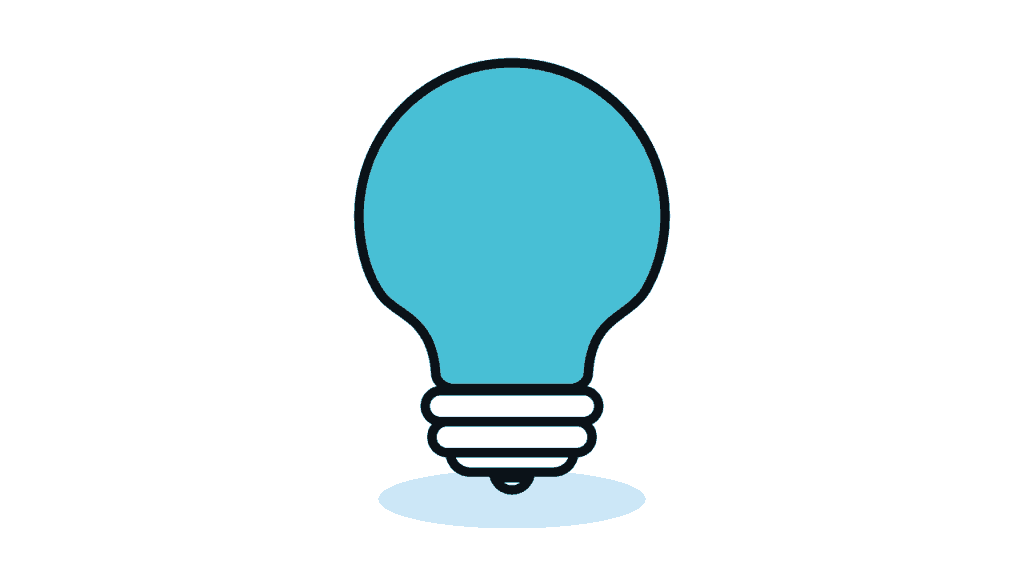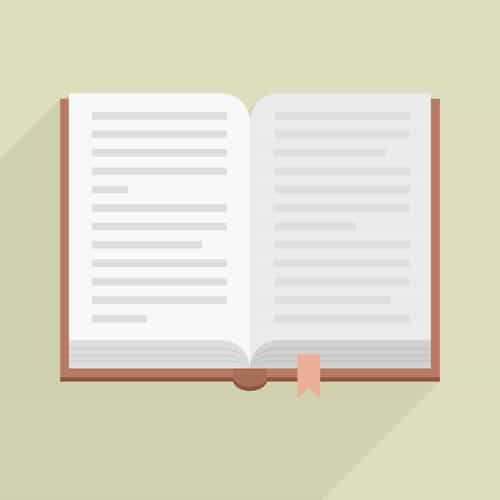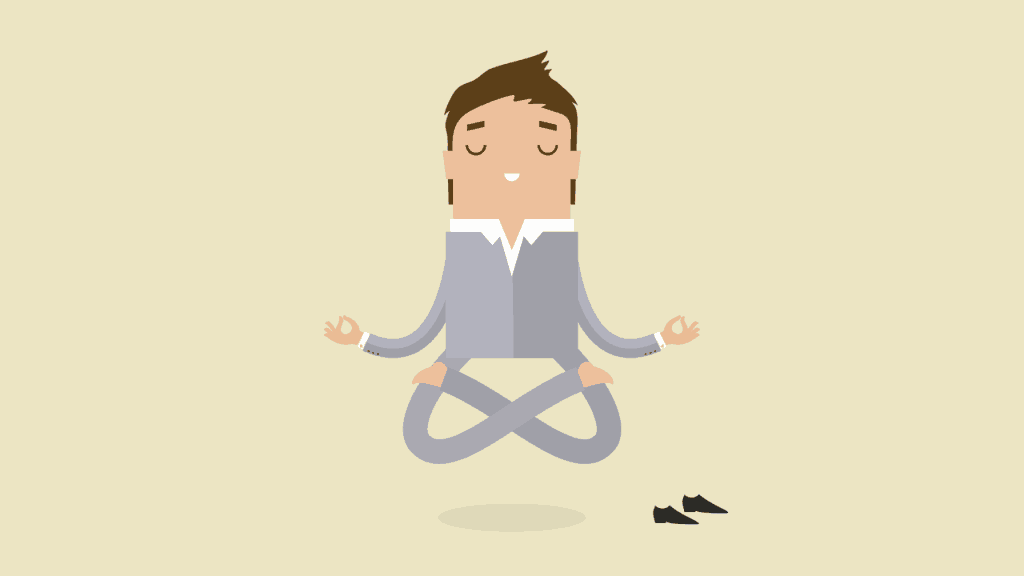For the past few weeks, Simple Programmer has been releasing chapters of John’s new book for free. If you’ve been following along, you know he’s given us a lot of useful skills to learn and master. However, I haven’t seen him mention one that I think is a critical skill. This a singular skill that will give you clarity and peace of mind. You’ll have greater control of your life and in your ability to handle the world around you and the situations you are in; this skill is thinking.
One of my favorite books on this topic is The Thinking Life by P. M. Forni. This short, yet deep read forms the basis for my thoughts on thinking and is one I read yearly. In the beginning, Forni quotes former President Obama speaking with David Cameron in London in 2008. Obama says,
“But I agree with you that somebody, somebody who had worked in the White House, — not Clinton himself, but somebody who has been close to the process — said that should we be successful, the actually most important thing you can do is to have big chunks of time during the day where all you’re doing is thinking.”
Obama goes on to observe that without this time, “You start making mistakes, or you lose the big picture.”
The last sentence tells us why thinking is so crucial. Every day, between our jobs, families, and friends, we experience lots of demands on our time that we must respond to. It can be easy to get caught up in these demands and lose the greater picture of our lives. Who are we? Where are we going? Are we living according to our principles? Are we adequately prepared for the future with skills and resources? What valuable lessons from the past should we take forward?
To say you’ve never thought before would be a lie. Every day, our mind is constantly thinking, processing data, and formulating responses. Perhaps, like many people, you have conversations with yourself.
However, as with any skill, simply using thought on a consistent basis will only get you to competency. To be a master, you must engage in deliberate practice. Here, I intend to give you some good tools that you can practice with in order to master your brain and put the most valuable asset you have to good use.
Preparation: Basics
A good tool has to be maintained. Anyone who owns a snowblower, for example, will typically do yearly tune-ups consisting of changing both the oil and the spark plug; your brain is no different. Unlike a snowblower, however, you can’t take apart your brain and clean it. But there are plenty of ways you can take care of your brain.
The basics should be obvious. Get plenty of sleep and exercise, and eat good food that’s healthy for you. Sleep is critical to the process by which your brain removes neurotoxins, and there’s a strong correlation between physical and mental health. Though every person is different and can require different specific things, in general most people need up to eight hours of sleep and a healthy diet rich in the appropriate nutrients.
Regular exercise has immense benefits. Both aerobic activities and resistance training are important for mental health and functioning.
These things are also crucial for developing effective thinking habits. Without a strong foundation, it’s hard for your brain to rest and be able to focus.
Even with these basics covered, though, you still need to train your brain in other ways.
Preparation: Intermediate
To say we live in an age of distraction would be an understatement. While writing this article, I received no less than five notifications from my phone. Bear in mind, I have most notifications turned off!
We’ve all been there. You sit down to work on solving a hard design task or researching a challenging bug, and the next thing you know, you’re on Facebook arguing politics with your wife’s uncle, or you’re smashing the refresh button on Reddit hoping for new posts.
Humans have been around the planet in our current form for 200,000 years; social media has been around less than 20. Evolution hasn’t caught up. Your brain’s primary function is to look for sudden threats to react to, as opposed to studying the world around you. The result? Reduced concentration and attention spans.
Fortunately, there are a few things you can do to improve your concentration skills. Meditation has been featured quite a bit here on Simple Programmer, and I can personally attest to its effectiveness in building patience, self-control, concentration, and willpower.
If you’re having trouble making time for a 10 to 20 minute session, try a simple five-minute meditation exercise at your desk. Lower your eyelids and just breath for five minutes. You might experience a lot of thoughts and feelings while you meditate, but simply let them pass. If you find yourself chasing a thought or experiencing strong emotions, simply redirect your attention back to your breathing.
Another thing you can do is to read more fiction. There’s a strong correlation between reading fiction and brain function. Specifically, fiction can help boost your empathy and your creativity. And since you probably spend a lot of time reading things on a screen, give your eyes and your brain a break by going old-school and reading some fiction on paper.
Usage: Journaling
There are a few more thoughts I’m going to share on preparation and maintenance, but first I wanted to talk about the ways to purposefully use your brain.
First and foremost, journaling is one of the most basic exercises you can do. It’s simply writing down whatever is in your head.
There’s a lot of literature on the mechanics of journaling and the best time to do it. I prefer to journal as one of the first things I do when I get to work because it helps to clear my mind and gives me a transition from the hectic mornings to the more quiet work environment.
Choosing a subject to journal about is easy—write about whatever is foremost in your mind. Set a timer for five to seven minutes and briefly describe whatever you’re thinking or feeling, and then write insights and reflections on it. It doesn’t have to be deeply philosophical, and you can write it in whatever style you want. The goal is to simply get your thoughts and feelings onto paper.
You’d be amazed at how much clarity you gain when you simply describe what you’re feeling and why. I typically discover a renewed sense of energy and purpose when I detail an issue that has been on my mind for a few days.
Another strategy is a gratitude journal. I find the self-help circle to be a little too enamored with positive thinking, but I can attest that when things aren’t looking good, writing about things for which you’re grateful can change your disposition. Which, in turn, can help distract you from wallowing in self-pity or sadness and get into a state of mind where you can focus on a solution. At the very least, it can help to remind you that this, too, shall pass.
Usage: Thinking
We’re finally at the point to talk about thinking itself. It’s taken a bit of time and work, but the preparation is worth it. You are rested, fed, and calm. And now you can take control of your brain and put it to active use.
Amazingly enough, despite the preparation and dramatic building, the action of thinking is somewhat anticlimactic. All you do is simply disconnect from the world (except for during emergencies), find a quiet spot with a notebook, and start.
What do you think about? Anything you think is important. Do you need to strategize about your career path? Perhaps some issues with your finances need some review. Do you need to plan out a vacation? Is there a critical decision you need to make? You need to spend these precious minutes actively thinking about the topic and what to do (if anything).
The notebook is a tool to help you facilitate the thinking process. You should use it for techniques like pro/con lists, writing down alternatives, capturing a plan, and drawing some helpful diagrams—but don’t get caught up in writing everything down. The majority of your time should be spent thinking.
At first, you may find it hard to focus on the topic. Your mind may drift to other thoughts or wander off course, and it may be hard to pull it back on topic.
Thinking is like working out: the more you use your brain to think, the better you’ll get at it. You’ll be able to discern what decisions are important, and you’ll be able to get a comprehensive view of the work around you.
Preparation: Advanced
I thought I’d close this article with some thoughts on advanced preparation. Beyond health and concentration, expanding your mind will make your thinking more productive.
One of the things that I personally detest about the software engineering field is the belief that you need to be “always on.” There’s a certain group of people who believe that in order to stay relevant, your spare time should be spent working on community projects, or you need to be reading a technical book, writing a blog, filming a video on programming, or speaking at technical conferences.
The flaw in this reasoning is that your brain begins to compact experiences and information that are similar. In other words, if all you spend your time on is technology, you’ll soon find yourself forgetting which idea came from what person and why it seems like the last five books you read didn’t have any useful information. Everything will start to blur together until you can’t differentiate one thing from another.
Rather, you need to expand your experiences. Read books on differing topics, like finance, biology, physics, psychology, and investing. Not only will you have a broader scope of knowledge, you’ll see connections between these various fields that will give keen insights into problems you’re facing.
Last but most certainly not least, you need to get out and be with people! Nothing is more meaningful and refreshing than spending time with close friends and family, especially if you spend that time engaged in interesting shared experiences.
Thinking is important, but it can be a tiring, solitary activity. Being around those you care about is important in order to let your brain rest, process your thoughts on the subconscious level, and in some cases, experience the benefits of all that thinking.
So, what do you need to think about? What are your plans to engage in more active thinking?



